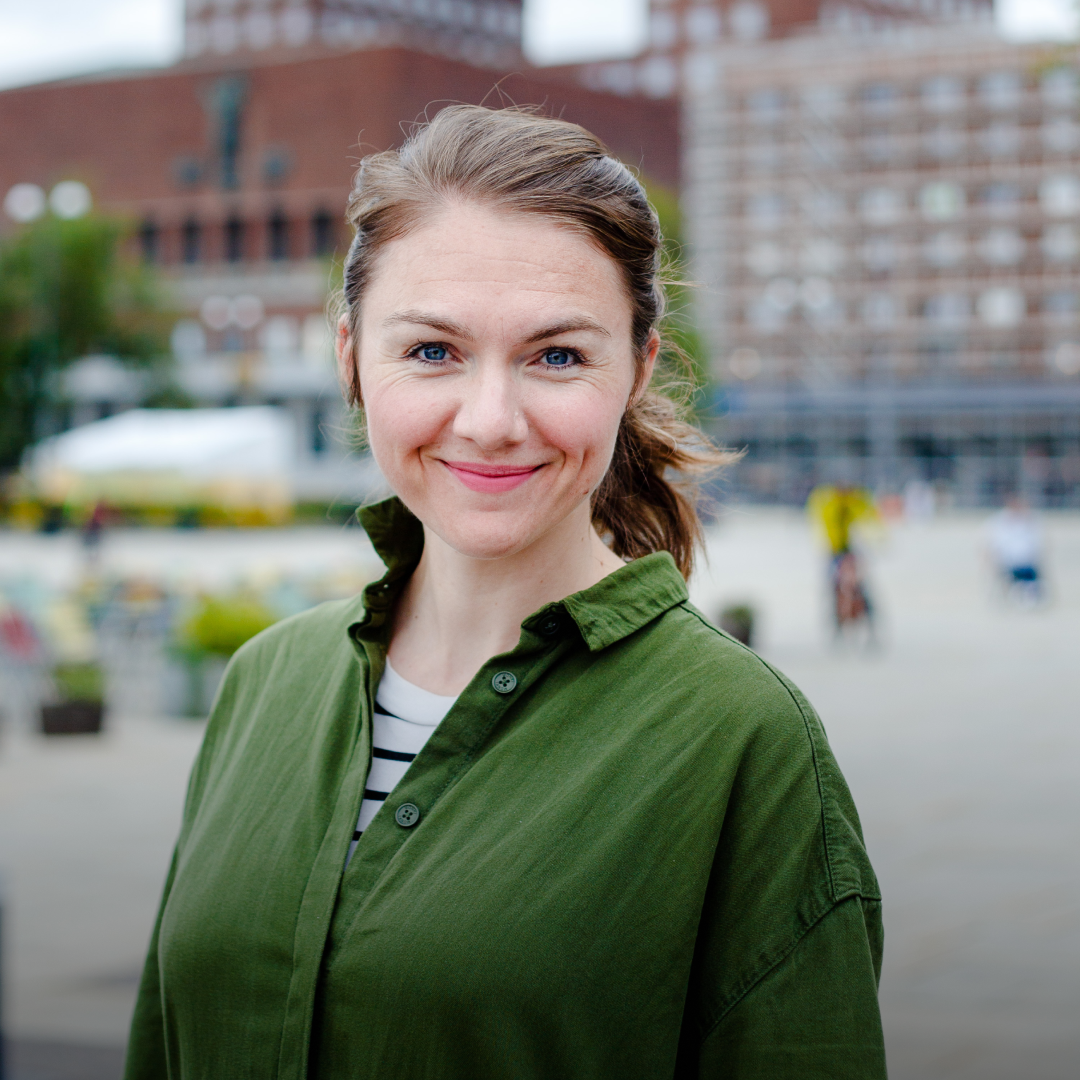Day 1 (Thursday 24th):
Parallell sessions, P 46, Conference Center (KK-senteret, 3. etg):
11.00-13.00: Choose between our different tracks:
Room PA311: Just urban transition: Panel on green ecological gentrification
- H.Figari: Green preferences – green justice.
- E. Lunke: Public transport access
- R. Cucca: To green or not to green?
- S. Bjerkeset: Green enough? In defence of compact urbanity
- H. Vandesskog: The Ecological Gentrification of Food – Investigating the Case Storgata
Room PA314: Utopian futures and just urban planning
- J. K. Fisker: Enacting participatory democracy through futures making in the city.
- T. Macintyre: Utopian future workshops and the transformation towards the inclusive city
- A. Subedi: ‘Projectification’ of Citizen Participation in Urban Planning
- K. Hegsvold: The Urban Urban Growth Agreements in a polycentric framework – a contribution to a low emission society?
Room PA318: Urban transition – urban dynamics
- R. Cavicca & R. Cucca: Densification – more homogeneous or more diverse neighborhoods
- B. Nordahl & D. E. Sommervoll: Urban redevelopment impact on house prices
- Ragnhild Njå: Sandnes – handbook on urban transformation.
- M. Miljus: The improvement of Decision-making process in planning through deliberative approaches: case of military brownfield sites in Serbia
13.00-14.00: Lunch at the Conference Centre
14.00-15.00: Choose between our different tracks:
Room PA311: Just urban transition. Panel on co-created urban circular economy.
Transition governance: How to ensure sustained change to equitable and co-created circular economies?
A gradual shift from a linear to a circular and more sustainable economy necessitates profound systemic shifts in government regulations, funding, technologies, value chains, behaviour and social living. The modest progress in achieving sustainability and climate goals suggests that local action is required across an array of public and private actors to disrupt and transform entrenched patterns of production, resource use and recycling.
A promising way forward is through transition governance that brings relevant and affected actors together in formal or informal collaborative arenas, partnerships and networks for co-creating innovative transitions and challenge systems lock-ins. Such co-creation of equitable, sustainable and circular futures needs to involve also citizens and civic actors in joint problemsolving and search for innovative action that outperforms existing economy solutions.
Inspired by these challenges, this panel explores the concept and theories of transition governance, presents empirical findings regarding core driving governance factors capable of unleashing co-created circular transition in the business sector, delves into systemic transition design and forms of learning to enhance institutional change.
- Welcome and lessons from a literature study of transition governance and co-created circular change, Hege Hofstad, Research Professor, NIBR-OsloMet
- How do Norwegian business leaders view constraints and opportunities for a shift to circular business models? Results from a survey among business leaders engaged in circular economy projects, Trond Vedeld, Research Professor, NIBR-OsloMet/ Kristian Tvedt, Researcher, NIBR-OsloMet
- Learning as a vehicle for co-created change, Gavin McCrory, Senior researcher, NIBR-Oslo.
Insights from these interventions serve as a basis for comments by key experts in the field.
Panel & comments
- Thomas Breman, Circular Resource Central, Oslo, Pådriv/SoCentral
- Hege Hofstad, research professor, NIBR-OsloMet
- Gavin McCrory, senior researcher, NIBR-Oslo
- Trond Vedeld, research professor, NIBR-Oslo (Panel lead)
The panel ends with a joint discussion of drivers and barriers to circular transition.
Session hosts:
Trond Vedeld, Hege Hofstad, Gavin McCrory & Gro Sandkjær Hanssen, NIBR-OsloMet
Questions: trondv@oslomet.no; hegeh@oslomet.no
Room PA314: Student-panel
Governing urban climate transition:
As cities strive to meet the ambitious goals set by the Paris Agreement and the EU Climate Law, new governance structures are essential for a successful urban climate transition. This panel brings together students and experts to discuss recent innovations in urban governance.
The panel will explore how local governments can increase their coordination capacity and involve diverse actors in the push towards a low-carbon society.
To join the panel, we have:

- Robbin Vågen, a student from the master’s programme Public Administration and Management,
- Participant in the Urban Governance course
Join us for an engaging dialogue on the future of urban governance and how we can collectively build more sustainable cities.
Room PA318: Urban transition – climate change
- U. Sarisaltik: Climate Change Adaptation in Norway’s Urban Transportation
- S. Rao: Inequalities in temperature in exposure and health in urban areas in Norway
Day 2 (Friday 25th):
11.00-13.00: Choose between our different tracks:
Room PA311: Just urban transition. Panel on food, activism, collaboration
- G. Hairabedian: Aquaponics –method for teaching food awareness.
- E. Braathen: Food Policy Councils
- V. Jankovic-Millic: Impact of Wastewater treatment in Serbia
- K. Reichborn-Kjennerud: Sustainability perspectives on public procurement
- Schøll & E. Kok: Immigrants groceries – against all odds?
Room PA314: Digital Commons as social infrastructure
- J. Aspen & E.S. Marthinsen: Researching digital commons as social infrastructure
- H. A. Falstad: Natural State of Place, New Natural State of the market is the theory behind the place-economy principles
- Rune Ytreberg: Datajournalistiske metoder for å undersøke sosiale og økonomiske endringer i Tromsø
- Lisbeth Iversen: Impact Hub Agder and Welcome Hub
Room PA318: Urban inequality – status, drivers, measurements
- N. Barth: Effects of minimum size-norms in Oslo
- I. Hewitt: New-build and “government-led” gentrification in the Oslo region
- E. Eide Bø & S. Leknes: How housing prices and residential composition of existing housing are affected by market rate construction
- M. Džunić: Understanding Housing Price Variability in Serbian Urban Areas